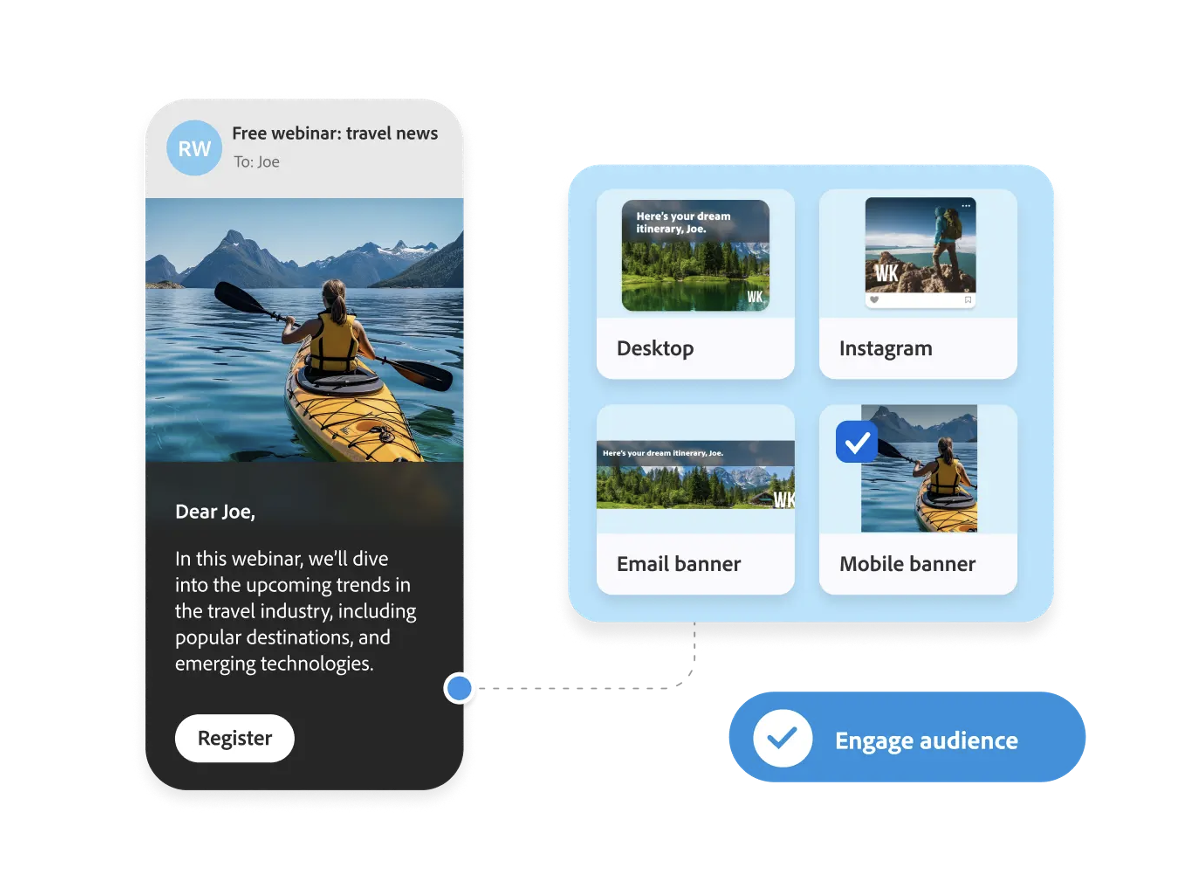Alternatives to Shopify Analytics
1. Adobe Analytics (Experience Cloud)
+Pros
- Advanced attribution modeling capabilities with 9+ customizable attribution models.
- Adobe Sensei AI integration delivers anomaly detection, propensity scoring, and algorithmic attribution.
- Ecosystem integration advantages create unified customer data workflows within the Adobe Experience Cloud.
-Cons
- Implementation complexity requires substantial technical resources and extended deployment timelines.
- Mixed AI performance reveals 8% higher engagement but 9% lower conversion rates compared to non-AI traffic.
- Cost barriers include pricing ranging from $48,000 to over $350,000 annually.
One highlighted feature and why it's amazing
Adobe Analytics offers 9+ customizable attribution models compared to Google Analytics 4's 6 fixed options.

Another highlighted feature of why it’s amazing
Provides anomaly detection, propensity scoring, and algorithmic attribution capabilities.
2. Salesforce Einstein GPT
+Pros
- Deep CRM Integration represents Einstein GPT's primary strength, enabling automated workflows that competitors require complex API integrations to achieve.
- Enterprise Security and Compliance through the Einstein Trust Layer provides dynamic data masking and comprehensive audit trails, meeting SOC 2 Type II and GDPR requirements.
- Unified Customer 360 Platform enables AI capabilities across sales, service, and marketing workflows within a single system, reducing data silos and improving cross-functional collaboration.
- Scalable Cloud Architecture handles varying conversation volumes without infrastructure management, with Salesforce's global data center network providing reliable performance and regional compliance options.
-Cons
- High Implementation Complexity requires Salesforce-certified administrators and extensive data preparation, with skill gaps commonly causing project delays.
- Pricing Model Complexity combines per-user licensing ($50/user/month) with AI credit consumption, creating variable costs that can exceed budgets in high-volume environments.
- Vendor Lock-in Concerns tie AI capabilities closely to Salesforce's ecosystem, making migration to alternative platforms complex and potentially costly.
- Performance Variability for non-English queries and complex technical support scenarios may require additional configuration and training compared to specialized AI platforms.
One highlighted feature and why it's amazing
Enables automatic generation of agent replies using case history and customer data, potentially reducing response time while maintaining personalization.
Another highlighted feature of why it’s amazing
Creates and updates documentation from resolved customer cases, helping organizations maintain current knowledge bases without manual content creation overhead.
How We Researched This Guide
About This Guide: This comprehensive analysis is based on extensive competitive intelligence and real-world implementation data from leading AI vendors. StayModern updates this guide quarterly to reflect market developments and vendor performance changes.
211+ verified sources per analysis including official documentation, customer reviews, analyst reports, and industry publications.
- • Vendor documentation & whitepapers
- • Customer testimonials & case studies
- • Third-party analyst assessments
- • Industry benchmarking reports
Standardized assessment framework across 8 key dimensions for objective comparison.
- • Technology capabilities & architecture
- • Market position & customer evidence
- • Implementation experience & support
- • Pricing value & competitive position
Research is refreshed every 90 days to capture market changes and new vendor capabilities.
- • New product releases & features
- • Market positioning changes
- • Customer feedback integration
- • Competitive landscape shifts
Every claim is source-linked with direct citations to original materials for verification.
- • Clickable citation links
- • Original source attribution
- • Date stamps for currency
- • Quality score validation
Analysis follows systematic research protocols with consistent evaluation frameworks.
- • Standardized assessment criteria
- • Multi-source verification process
- • Consistent evaluation methodology
- • Quality assurance protocols
Buyer-focused analysis with transparent methodology and factual accuracy commitment.
- • Objective comparative analysis
- • Transparent research methodology
- • Factual accuracy commitment
- • Continuous quality improvement
Quality Commitment: If you find any inaccuracies in our analysis on this page, please contact us at research@staymodern.ai. We're committed to maintaining the highest standards of research integrity and will investigate and correct any issues promptly.